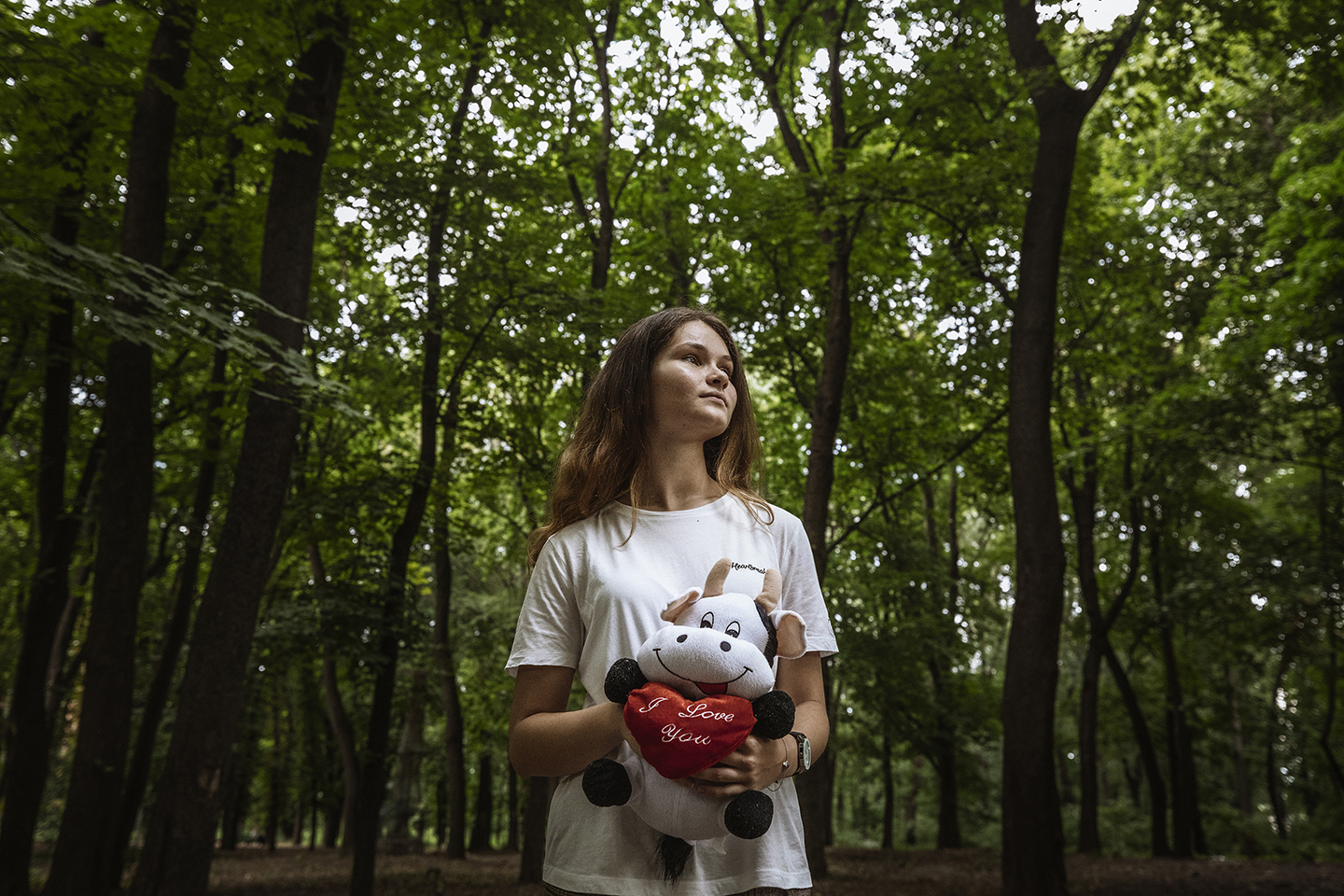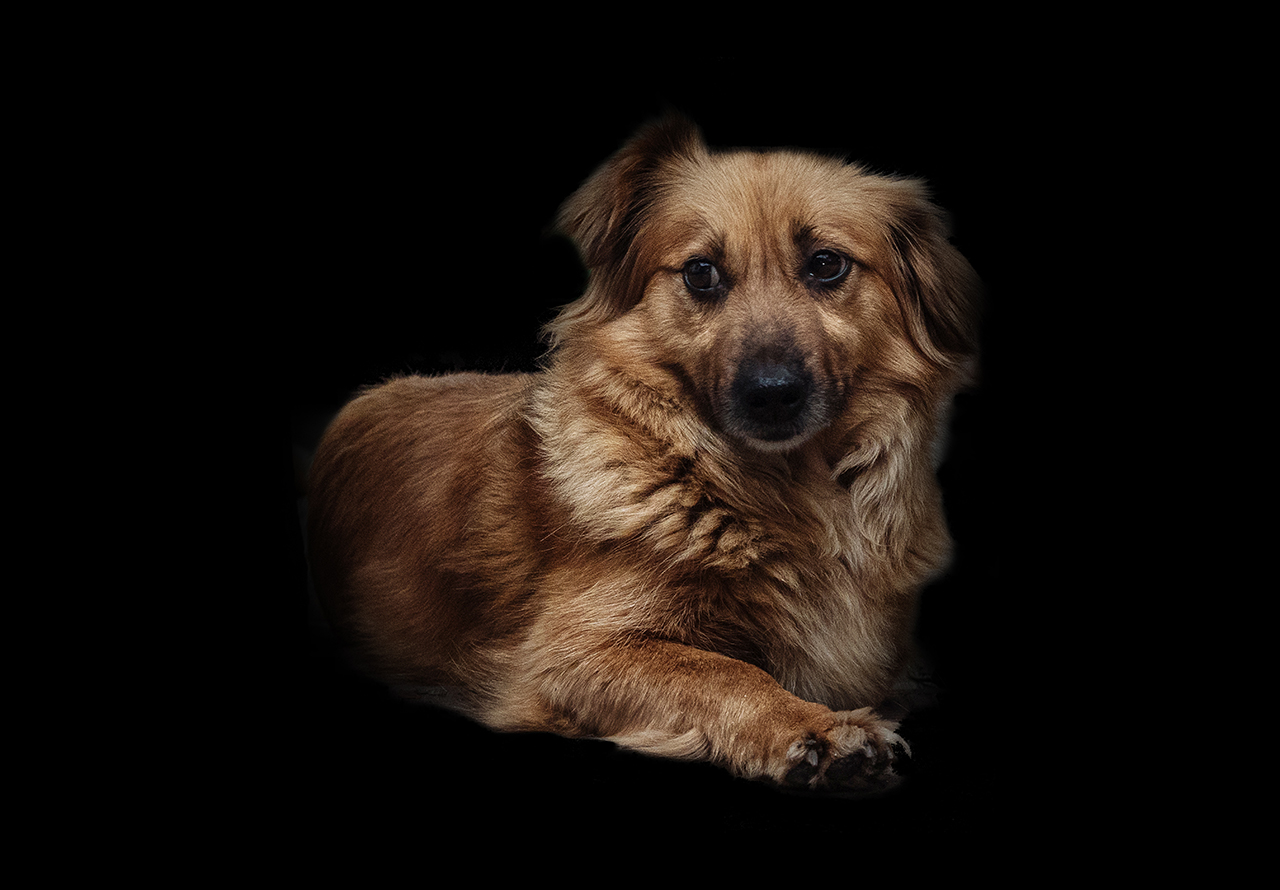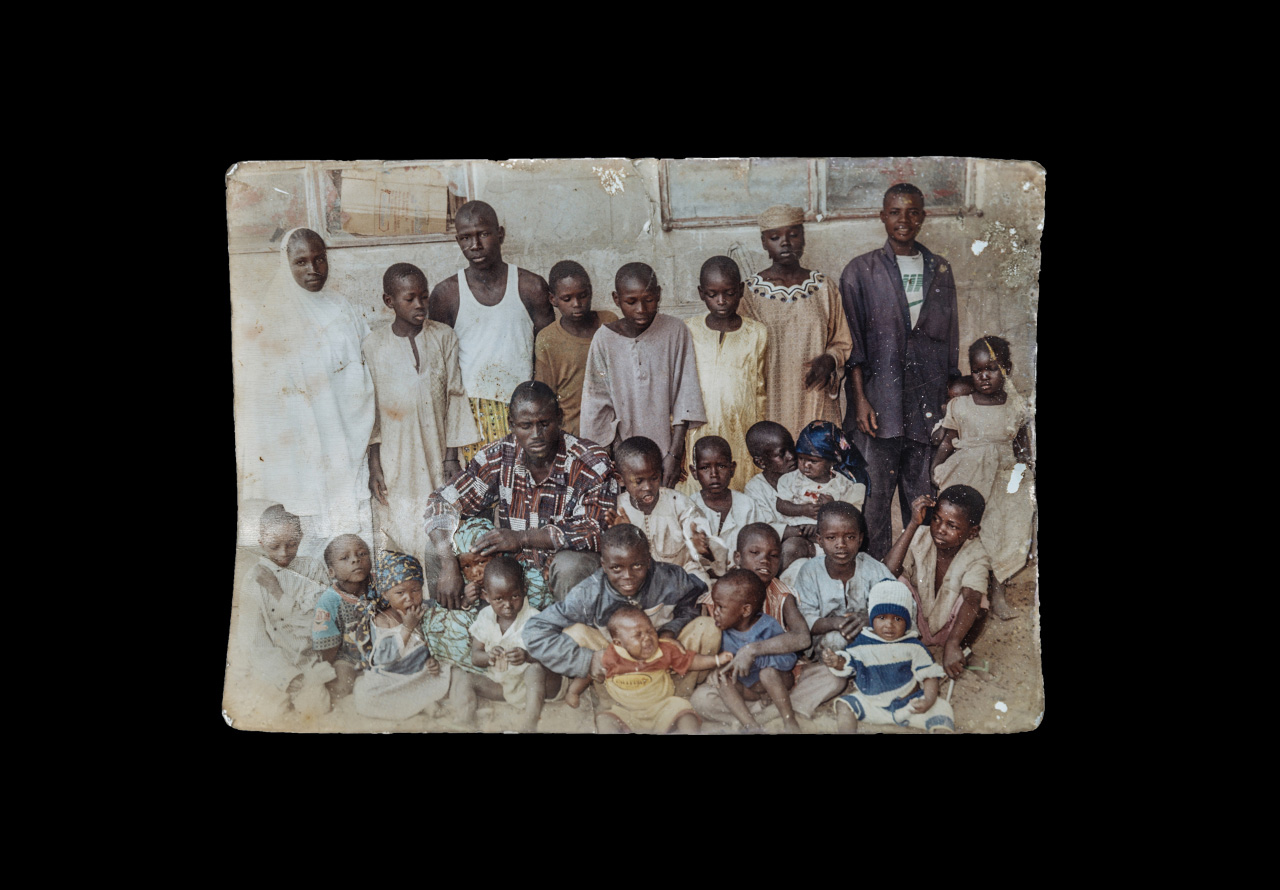
In spring 2014, Vlada’s life was full of hope. She was 13, summer holidays were approaching, and she had just met her first love, Nikita, her schoolmate several years older. On the third week of their relationship, Vlada had her birthday, and Nikita presented her a toy cow. A few days later, the conflict in eastern Ukraine erupted.
Vlada and her parents had to leave their hometown, Horlivka. Only Vlada’s father took winter clothing. Vlada and her mother thought that they would be back home soon, so their luggage was very light. Among the few things Vlada took with her, was the Nikita’s gift.
“I took the cow with me and slept with it for quite a long time. I think for some time it was associated with stability, harmony and self-reliance we had before displacement.”
First, they stayed at their friends’ summer house in northern Ukraine. Closer to autumn, it became obvious that they should find a school for Vlada, as they could not return to Horlivka. Vlada’s parents, both doctors, found employment at a public hospital in Kyiv, the capital of Ukraine.
As public health workers in Ukraine are not well paid, Vlada’s mother, Victoria, has never had fewer than four jobs simultaneously over the years of their displacement.
“For about a year we were in a severe depression,” says Victoria. “When you are in your 40s, you are used to manage your life. And then suddenly you end up in a situation when you do not know what will be with you tomorrow, in a month or in a year. Like someone has stolen your present life and your future from you. It was extremely complicated. We refused to believe that we would not return home soon. We found different explanations and excuses, like ‘it is a kind of an on-the-job training in the capital’. It took us a long time to adjust to the new reality.”
The new school year was not easy for Vlada, as she had to quickly learn German as a foreign language, and to find common ground with her new classmates. She stayed in touch with her friends from Horlivka, many of whom also moved to other cities of Ukraine.
“But in a year or so, everyone grew older, started their new life, and communication (was) interrupted,” says Vlada.
She stayed in touch with Nikita. He moved in with relatives in Crimea, which by that time was annexed by the Russian Federation. They were even discussing his plans for enrollment in a university with Vlada and her parents, thinking together about what would be the best for him. But eventually, Nikita went back home and enrolled in a military college in Donetsk, the centre of the self-proclaimed “Donetsk People’s Republic.”
“It was painful. It was another loss. And that was when the cow became… just a cow,” says Vlada.
She successfully graduated from school and by the time this text was published, had enrolled in a university in Kyiv to study marketing.


